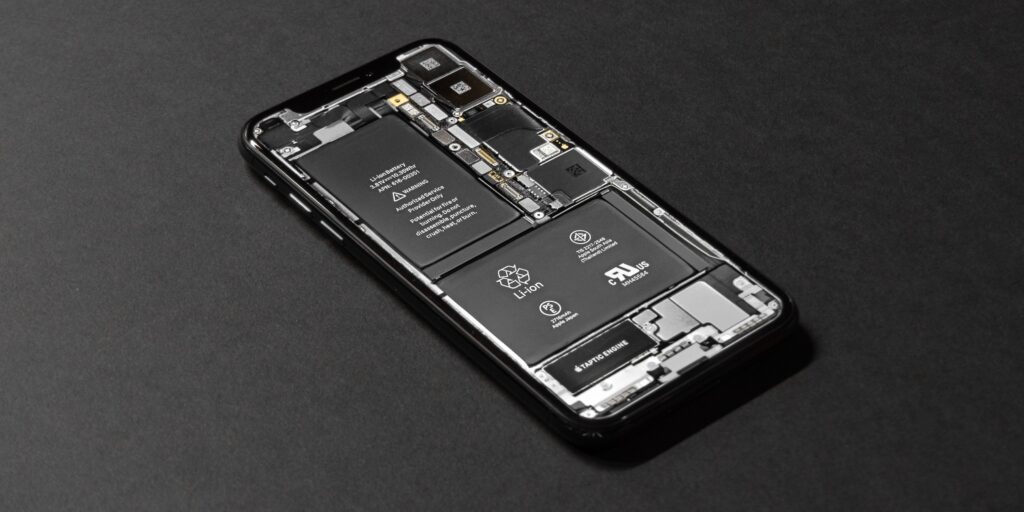An IMEI (International Mobile Equipment Identity) number is a unique identification code associated with individual mobile devices. It serves as a distinct identifier, akin to a serial number, specifically assigned to mobile phones, smartphones, or other cellular devices worldwide.

This 15-digit numerical code holds significant importance as it provides a specific identity to each device, offering essential information such as the device’s make, model, origin, and serial number. The IMEI number is typically allocated by the device manufacturer during production and remains constant throughout the device’s lifetime.
IMEI numbers play a crucial role in various aspects of mobile device management and security. They are extensively used by network operators and regulatory bodies to track mobile devices and prevent illegal activities like device theft, unauthorized usage, or fraudulent practices.
In cases where a mobile device is lost or stolen, the IMEI number is pivotal. By reporting the IMEI to the network carrier, the device can be flagged, blocking its access to the network and rendering it unusable, thereby acting as a deterrent against theft.
Moreover, when purchasing a mobile device, verifying its IMEI number aids in ensuring its authenticity. This verification process helps users identify genuine devices and avoid counterfeit or compromised products.
In essence, the IMEI number serves as a fundamental tool in identifying, tracking, and protecting mobile devices, ensuring their authenticity, and aiding in preventing unauthorized usage or illegal activities.
